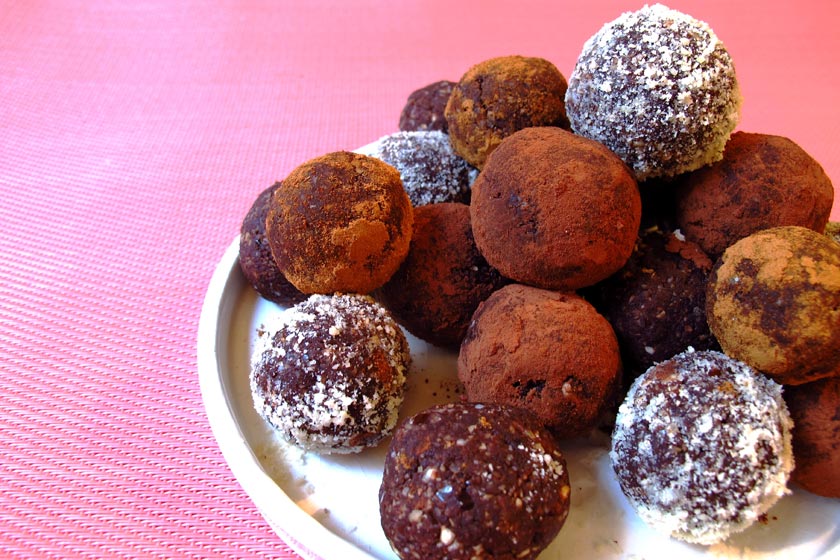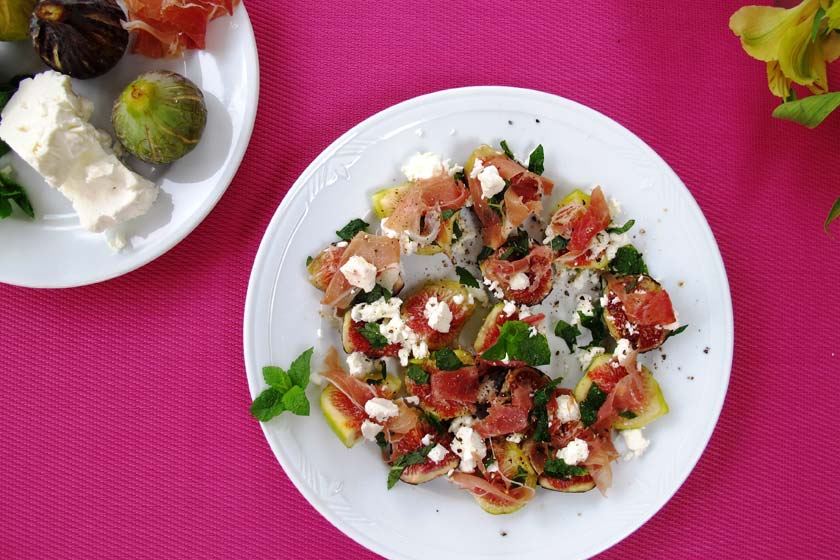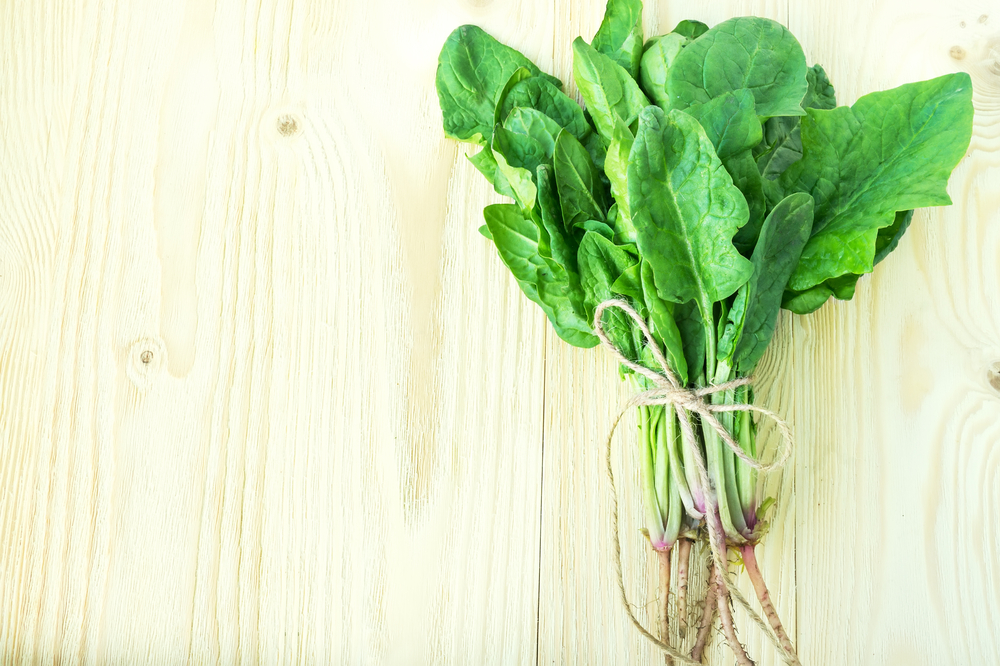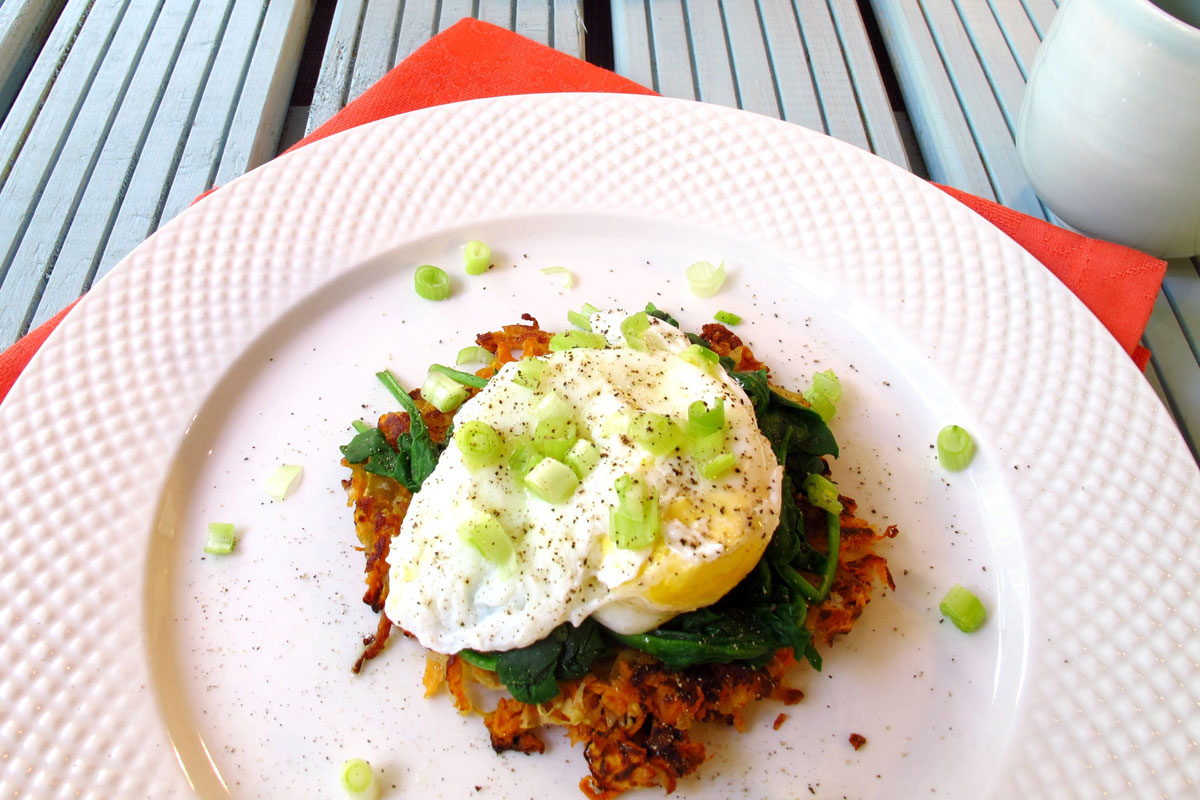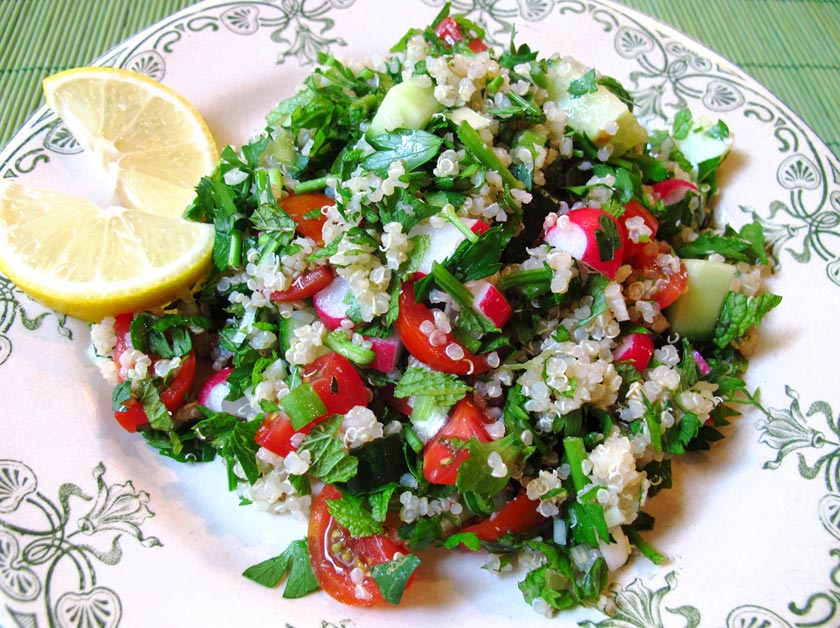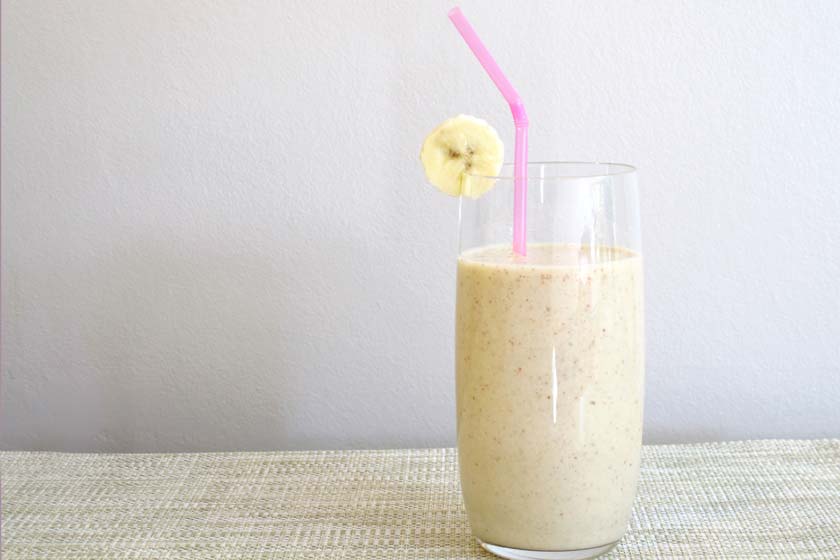Cocoa and Date Truffles
I have yet to meet a pregnant woman who does not crave something sweet from time to time (or all the time!), so to keep you from eating a bar of chocolate a day, why not make these delicious cocoa date truffles? They are (mostly) guilt free, as the only sweetener in them is the dates themselves. Let’s not kid ourselves, they’re not going to taste just like Ferrero Rocher’s, but they’ll do the trick when you’re after something chocolatey and sweet. They’re great as an afternoon pick me up, as they have ground almonds and rolled oats, so won’t give you the sugar rush or the slump an hour later. Dates also have lots of nutrients, and the cocoa itself is rich in antioxidants. These truffles also contain cinnamon, which has been shown to stabilise blood sugar, and also makes everything taste and smell delicious! These truffles are very versatile and you can coat them in whatever mix you prefer. Here I’ve done 3 types: cocoa powder, cinnamon and ground almonds. I’d also have …
